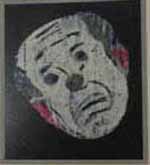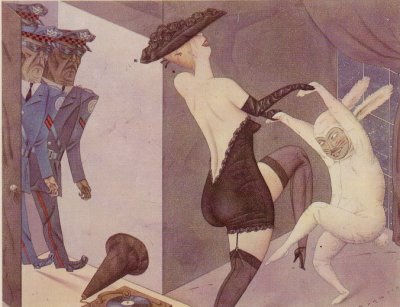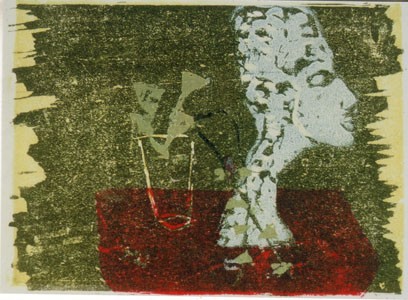A 19th Century French poet advised: “Let yourself be sustained by your principles — until they start to wobble.” Just for the fun of it, I’d like to shake them right off the bat.
“I think, therefore I am” is accepted as a universal truth but I disagree and propose instead: “I feel, therefore I am.” Perhaps I am not the first to claim it, as it seems pretty obvious. So, sorry for “rediscovering America.”
I know, thanks to the mind, that 2 + 2 = 4, and everybody else … Read More





